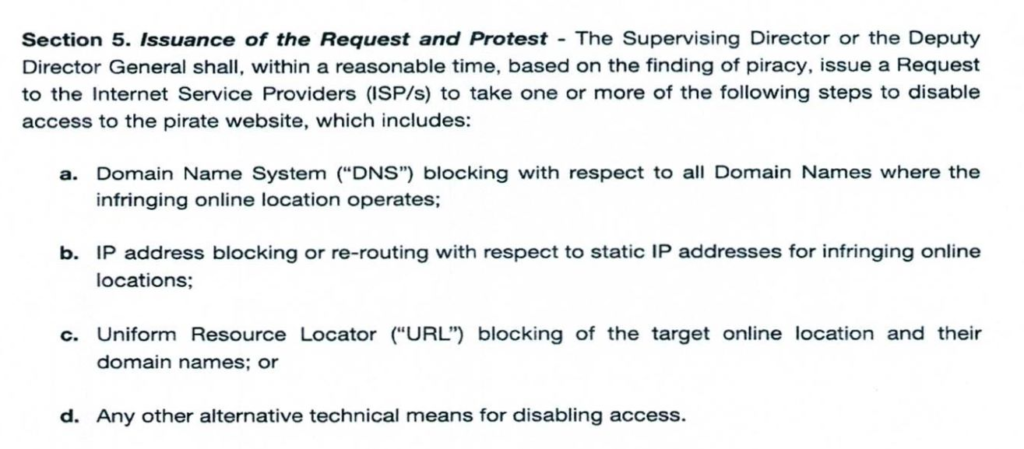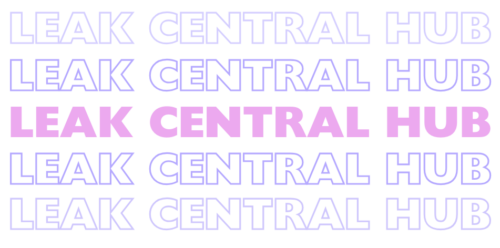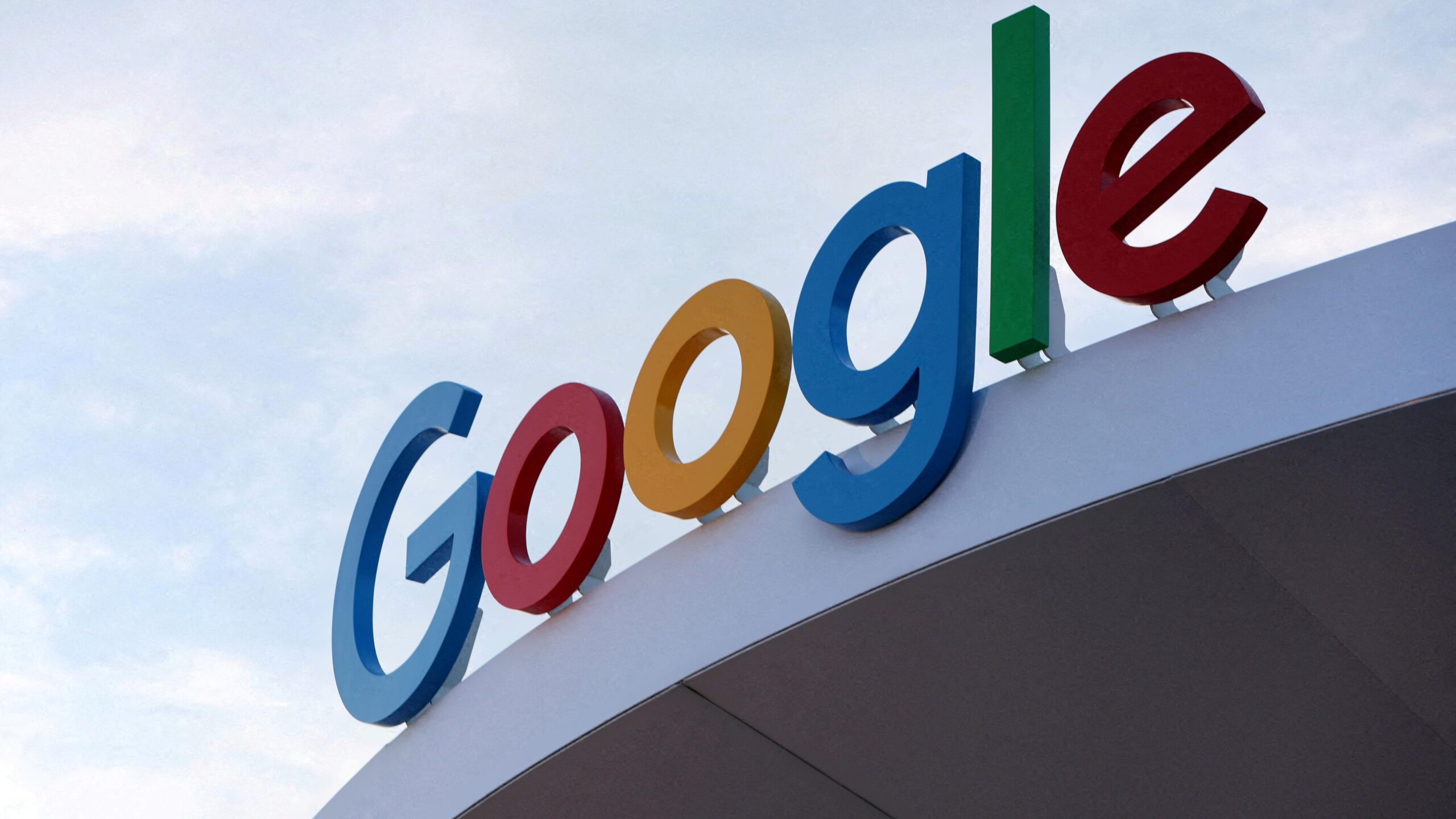The Philippines is on the verge of implementing a pirate site-blocking scheme, expected to commence in November. In a recent memorandum of understanding (MoU), signed by the Government’s Intellectual Property Office (IPO), internet service providers (ISPs) have agreed to voluntarily block websites that are identified as infringing copyrights, without requiring a court order.
This development comes after years of lobbying efforts and discussions behind closed doors. The MoU signifies a collaborative effort between the government and ISPs to address online copyright infringement effectively. By voluntarily agreeing to block infringing websites, ISPs aim to mitigate the availability of pirated content on the internet within the Philippines.

The scheme represents a proactive approach to combating piracy, allowing for swift action against websites hosting copyrighted material without the need for lengthy legal proceedings. With the support of ISPs, the government seeks to protect the rights of content creators and uphold intellectual property laws in the digital sphere.
As the pirate site-blocking scheme prepares to be implemented, it marks a significant step forward in the Philippines’ efforts to combat online piracy and promote a more robust environment for intellectual property rights enforcement.
The announcement from the Intellectual Property Office of the Philippines (IPOPHL) regarding the imminent implementation of site-blocking plans marks a significant development in the country’s efforts to combat online piracy and protect intellectual property rights. With the signing of a memorandum of understanding (MOU) by IPOPHL Director General Rowel Barba, scheduled to take effect in late November, internet service providers (ISPs) will voluntarily block access to known pirate sites.
This administrative scheme streamlines the process for copyright holders to request site-blocking measures, eliminating the need for court intervention. Under the new agreement, copyright holders can submit site-blocking requests to designated evaluation officers, who will review the requests and make decisions within a five-day timeframe.
Once a site-blocking request is approved, ISPs will be notified to implement the necessary measures, such as blocking DNS queries, banning specific URLs, or blacklisting IP addresses associated with infringing websites. This proactive approach aims to curb online piracy and create a more secure environment for creators and rights holders in the Philippines.
The revised MOU builds upon previous efforts to establish a site-blocking framework, providing clearer guidelines and procedures for all parties involved. By leveraging the cooperation of ISPs and streamlining the site-blocking process, IPOPHL seeks to strengthen intellectual property enforcement and promote the growth of the creative industries in the Philippines.

The memorandum’s provision for Internet providers to implement site-blocking measures within forty-eight hours of receiving a request signifies a swift response to copyright infringement complaints. This expedited process aims to minimize the time between identifying infringing websites and taking action to prevent access to them.
Additionally, the memorandum includes provisions for transparency and accountability. Site operators targeted for blocking will be notified and given an opportunity to appeal the decision. Likewise, Internet providers can raise concerns if they encounter difficulties in implementing the blockades or if they believe there are errors in the blocking requests.
While administrative site-blocking schemes are not new globally, this initiative represents a significant development in Asia, particularly in the Philippines. By establishing a streamlined mechanism for blocking infringing websites, the country aims to address the widespread issue of online piracy and protect the rights of content creators.
The involvement of Hollywood’s Motion Picture Association underscores the international significance of this initiative and the collaborative efforts to combat online piracy. With the implementation of this site-blocking scheme, the Philippines joins a growing number of countries worldwide that have adopted similar measures to address copyright infringement online.
It’s worth noting the absence of site-blocking options in the United States, highlighting the unique regulatory landscape surrounding online piracy in different regions. Despite this, the Philippines’ proactive approach demonstrates its commitment to tackling piracy and promoting a more secure digital environment for creators and consumers alike.



